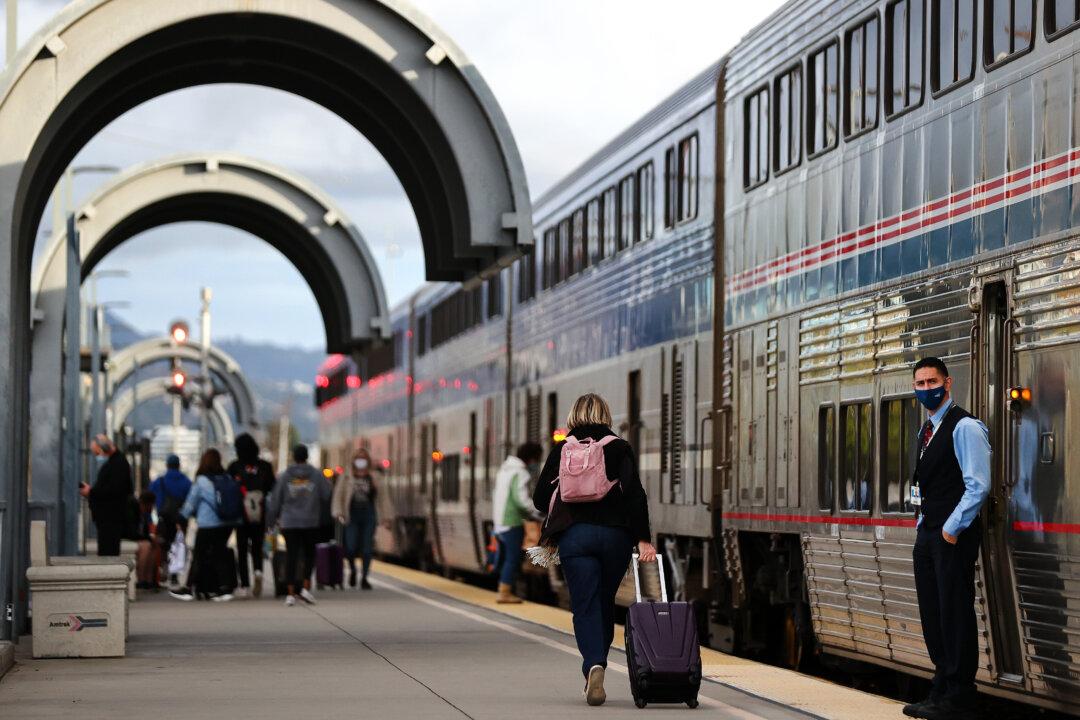Amtrak CEO Stephen Gardner testified to the House Transportation and Infrastructure Committee on June 12 that the national rail company has yet to turn a profit in a 12-month period but hopes to break even by 2030.
Mr. Gardner’s comments came from a question posed by Rep. David Rouzer (R-N.C.) during a hearing on Amtrak’s funding, current operations, and uncertain future.





